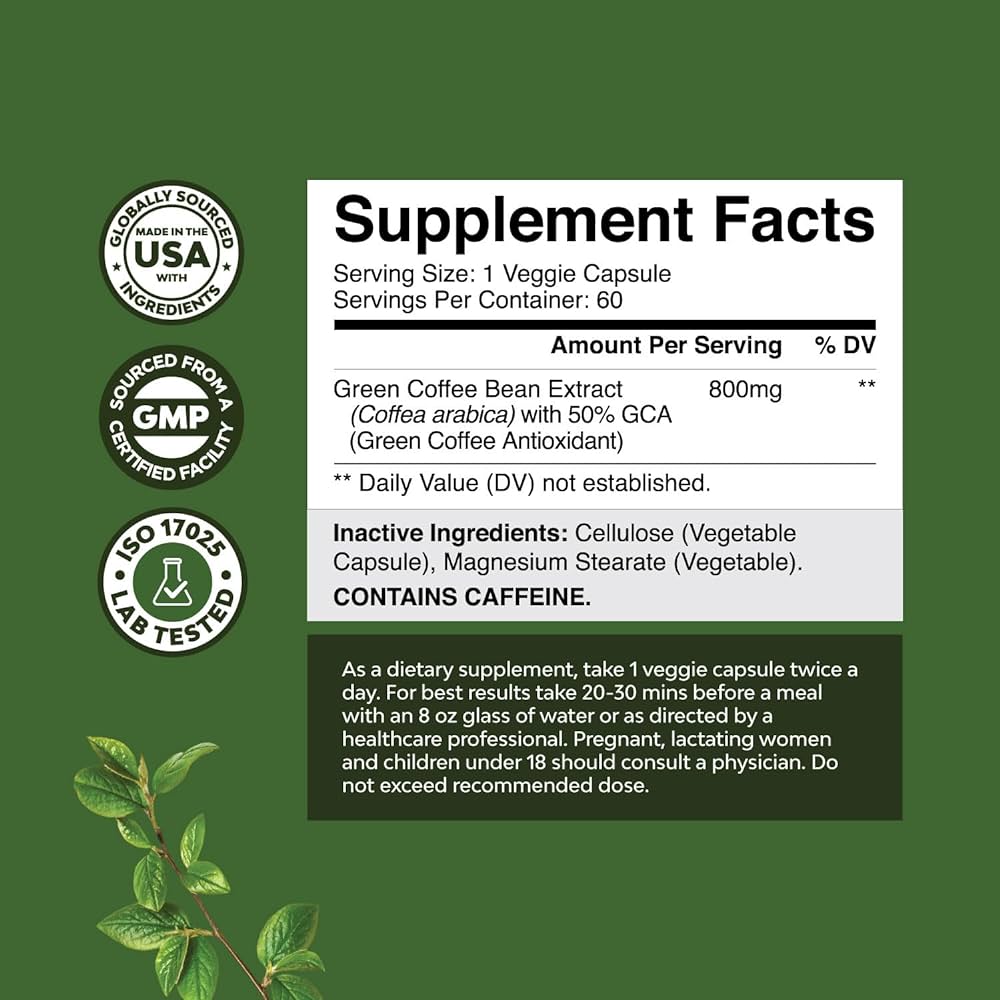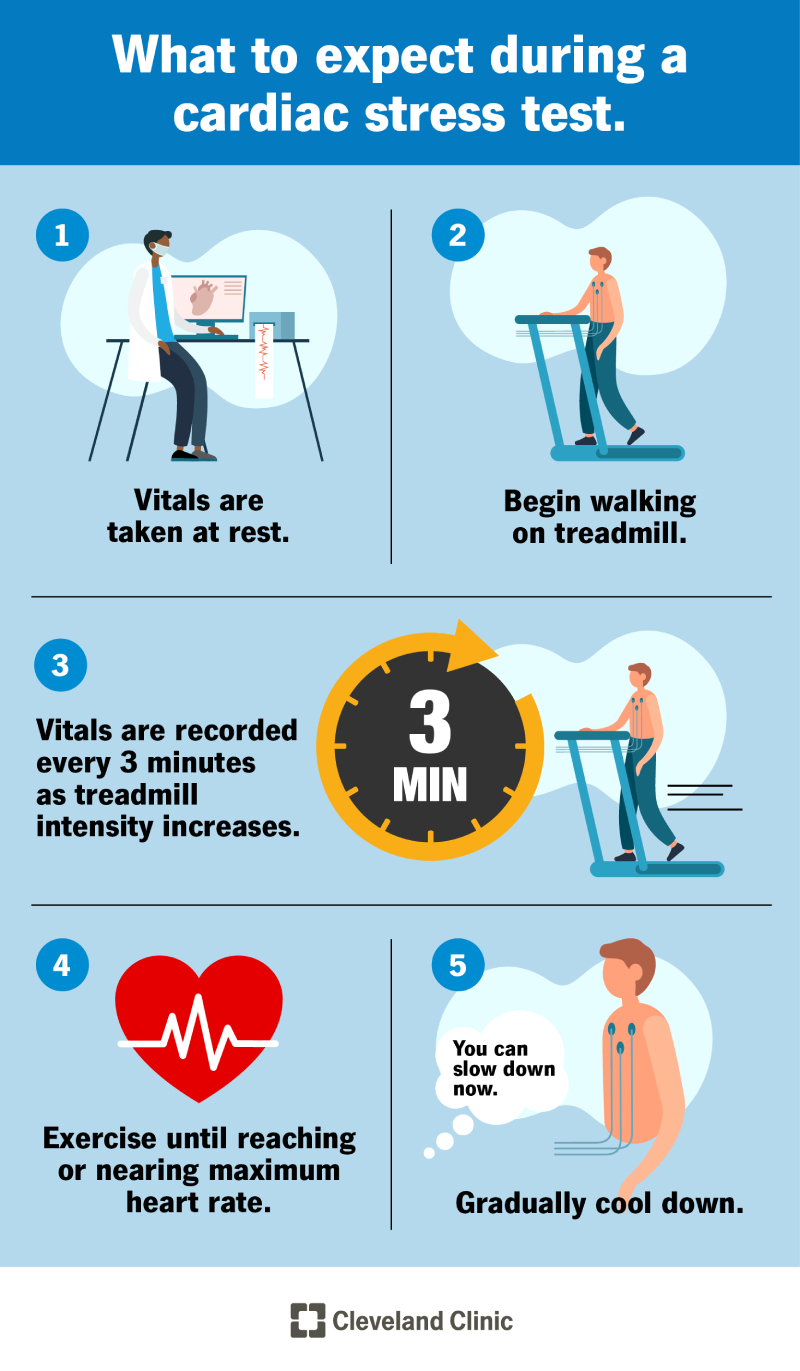Caffeine typically takes about 15 to 30 minutes to kick in. Its effects can last for several hours, depending on individual metabolism.
Caffeine, widely consumed through coffee, tea, soft drinks, and energy drinks, is the go-to stimulant for millions around the globe. Everyone from working professionals to students and athletes reach for a caffeinated boost to tackle their tasks or improve focus.
Recognizing how swiftly caffeine acts in the body is essential for those looking to time their consumption for maximum effect. As a central nervous system stimulant, caffeine offers a quick way to reduce fatigue and enhance alertness. Being mindful of this time frame allows individuals to plan their intake, especially to avoid sleep disruption. Bear in mind that the duration of caffeine’s impact can vary based on personal tolerance, the amount consumed, and dietary habits.
Rapid Fire Energy: Caffeine’s Time To Act
The time caffeine takes to kick in varies greatly among individuals. A key factor is personal metabolism, which dictates how quickly your body processes caffeine. Stomach contents also play a role; a full stomach can slow absorption. Genetics influence the sensitivity and tolerance to caffeine effects. The consumed form can affect the rate; liquid coffee may act faster than a snack containing caffeine. Finally, caffeine concentration and total dosage are crucial for the timing. Most people feel the effects within 15 to 45 minutes after intake. Some might notice energy bursts in a quick 15 minutes. Others could wait up to an hour for full impact.
Caffeine Rush: What Happens In Your Body?
Caffeine acts fast once you drink your coffee or tea. After drinking, caffeine enters your bloodstream. The average time for caffeine to kick in is about 15 to 45 minutes.
Once caffeine is in the body, your heart beats faster. You feel more awake. This is because caffeine blocks a sleep-inducing chemical in your brain. Caffeine boosts alertness, which is why many love their morning cup.
Varied Vehicles: Caffeine Consumption Methods
The time caffeine takes to work can vary due to method of consumption. Drinking coffee or tea offers a gradual caffeine increase. This is because the body absorbs liquid at a moderate pace. Energy drinks, on the other hand, may cause a quicker caffeine rush. They often contain higher caffeine levels and added ingredients that speed up absorption.
Caffeine pills and powders are another source. These methods deliver a concentrated dose directly into the system. They can lead to a rapid response, typically within a few minutes. But, they must be used cautiously. Overuse can lead to health issues.

Subjective Sensations: Personal Factors That Alter Perception
Genetic makeup significantly influences how individuals metabolize caffeine. This unique caffeine blueprint means that some people may feel the effects almost immediately, while others may wait longer. Factors such as age, liver function, and even ethnic background play a role in this variation.
On the other hand, regular caffeine consumption leads to tolerance. Someone who drinks coffee daily may not feel that morning buzz as intensely as someone who drinks it less often. Yet, there are those with a natural sensitivity to caffeine. These individuals may experience jitters or other sensations even from small amounts. Understanding one’s personal tolerance and sensitivity levels is essential to predict the kick-in time of caffeine.
Maximizing The Kick: Tips For Quick Caffeine Effects
To get the fastest caffeine kick, timing is key. Drink caffeine right before high-energy needs. It works best on an empty stomach. Early morning or after a meal can slow things down. Eating a banana can speed up absorption. L-theanine supplements paired with caffeine can enhance focus and energy.
Consistent sleep and moderate caffeine use lead to better energizing effects. Stay hydrated for the best results. A hydrated body absorbs caffeine faster and more effectively. Limiting sweet treats and heavy meals increases caffeine’s power. Light exercise after drinking coffee may quicken the caffeine punch. Remember, listen to your body’s signals and adjust your habits accordingly.

Frequently Asked Questions On How Long Does It Take For Caffeine To Kick In
How Long Does It Take For Caffeine To Hit You?
Caffeine typically hits your system within 15 to 45 minutes after consumption. Effects can peak around 30 to 60 minutes post-ingestion.
Is 200 Mg Of Caffeine A Lot?
Consuming 200 mg of caffeine, about two standard 8-ounce cups of coffee, is generally considered moderate for most adults.
How Long Does Caffeine Peak Last?
Caffeine peaks in the blood 30 to 60 minutes after consumption and its effects can last 3 to 5 hours.
How Can I Make Caffeine Kick In Faster?
To make caffeine kick in faster, drink a beverage on an empty stomach and choose a form that’s quickly absorbable, like an espresso or a caffeine tablet. Engage in physical activity post-consumption to enhance absorption speed.
Conclusion
Understanding caffeine’s impact can enhance your daily routine. Generally, it takes about 30 to 60 minutes to feel caffeinated. Tailor your coffee breaks to your body’s response. Remember, moderation is key. Enjoy your next java with the knowledge of its timely effect!


